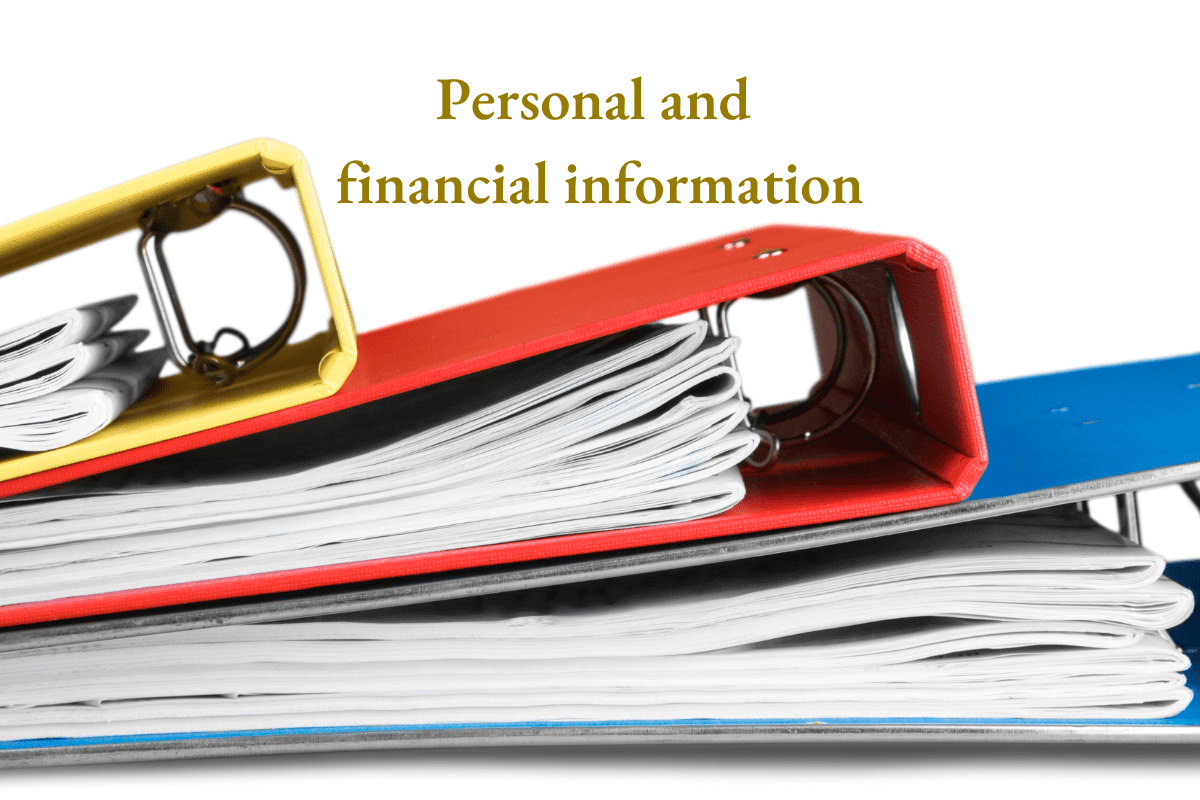I´ve been playing around with this article during the past few days, trying to fill in some spare time during the weeks of this long hot summer we have here in Spain. I realised quite quickly that writing things that will be of genuine interest could be quite hard so for this article I´ve decided to share with you what I personally am doing at home right now.
Considering some limitations of movement right now it would be a great time to give this some thought.
One piece of advice I always give to my clients is to prepare “THE FOLDER”. You´re immediately wondering what I´m going on about, let me enlighten you to what it is and why you should do it.
For me personally I am reviewing my folder and checking its updated. Interestingly I needed to refer to my folder yesterday and realised I still had some older information on there which isn’t relevant anymore, so tonight’s job is to review and update.
There are many scenarios where you´ll be thankful for making the folder. When I moved house two years ago I went straight to the folder and had all of the companies contact information as well as policies or account details which made informing them all much easier, on the flip side I´ve also lost a family member where finding their folder reduced the stress in dealing with their estate.
In moments of stress you find yourself trawling through endless pieces of paperwork to ascertain assets and account details, then you get that lightbulb moment…….. why wasn’t it all documented.



